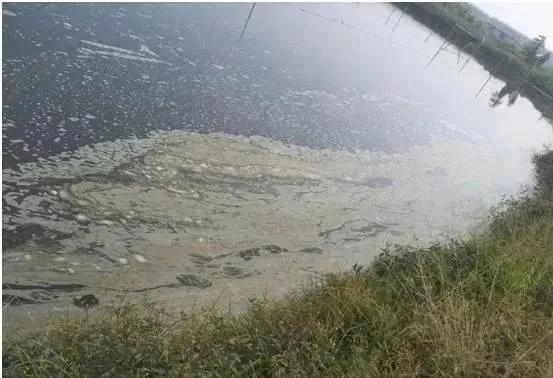The role of Bacillus in aquaculture
As a simple bacterium, Bacillus can strongly decompose carbon, nitrogen, phosphorus and sulfur pollutants, and at the same time can compete with harmful algae and aquatic pathogenic bacteria in the breeding environment, form a dominant population, and inhibit harmful algae and aquatic pathogenic bacteria.

Species of Bacillus
At present, the available bacillus are: Bacillus subtilis, Bacillus licheniformis, Bacillus coagulans, Bacillus slowly, Bacillus cyclicus, Lactobacillus bacillus, Clostridium butyrates and so on.
Effects of Bacillus on aquatic ecosystems
1. Decarbonization function
Suspended solids and sediment in culture ponds seriously deteriorate the water environment and cause animal diseases. Through the action of its enzymes, Bacillus can decompose suspended solids and sediment, thereby maintaining the balance of aquatic ecological environment. Putting Bacillus bacteria (bacterial liquid concentration ≥1010/g) into the breeding pond can reduce the COD and BOD in the water, and effectively improve the water quality and surrounding environment.
2. Nitrogen removal, sulfur removal function
Excessive N and P discharge into the water body causes eutrophication in the pond, and it is easy to form ammonia nitrogen and hydrogen sulfide that are toxic to aquatic animals in the pond, affecting the growth of animals and even death. Bacillus can use its rich enzymes to strongly decompose nitrogen and sulfur pollutants and purify aquaculture water bodies.
3. Decompose the silt
Experimental results of the application of bacillus preparations to improve the substrate showed that there was no accumulation of organic carbon, and the degradation of organic carbon by Bacillus was remarkable; the total nitrogen accumulation phenomenon was not significant, and the difference between the treatment group and the experimental group was not significant. The carbon-nitrogen ratio shows a downward trend in the substrate.
4. Flocculation effect
Bacillus has a good flocculation effect, and the compound bacillus strain has a better flocculation effect than a single strain of Bacillus. This flocculation effect can bind the organic debris in the water body to each other, form a bacterial glue mass, undertake the task of oxidative decomposition, combine the organic matter into a flocculent, so that heavy metal ions and P elements are precipitated, and the water body is purified.
5. Nitrification
Nitrate ions under the action of Bacillus, through the nitrite ions, nitric oxide, nitrous oxide, nitrous oxide is reduced to nitrogen, that is, Bacillus is aerobic bacteria and facultative anaerobic bacteria, with molecular oxygen as the carrier, in the time and space when the oxygen supply is insufficient, nitrates can be used as the final electron carrier to produce nitrogen oxide synthesis and nitrogen, and the denitrification effect, the nitrate is removed from the system, and the pH is increased.
In general, Bacillus has a strong ability to decompose carbon, nitrogen, phosphorus, and sulfur pollutants, and break down proteins, complex polysaccharides, and water-soluble organic matter, and has been widely used.